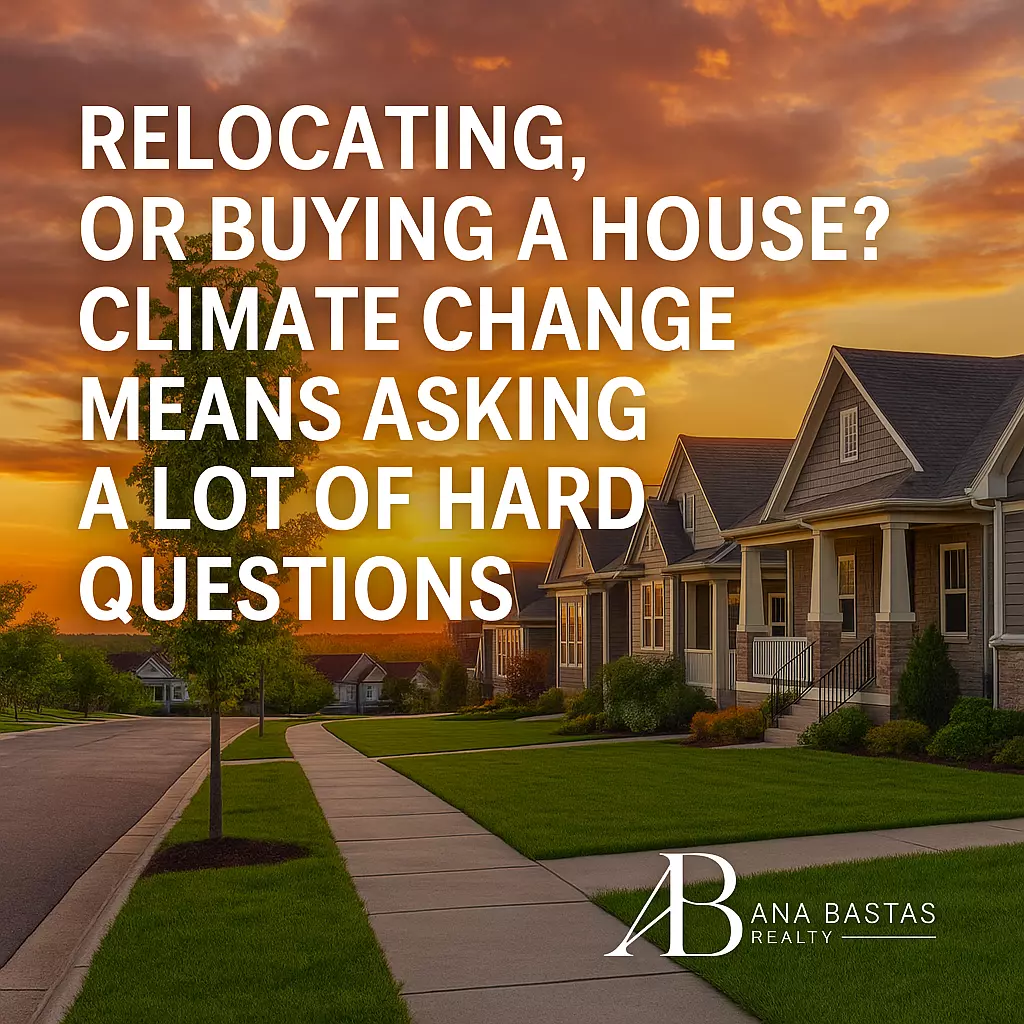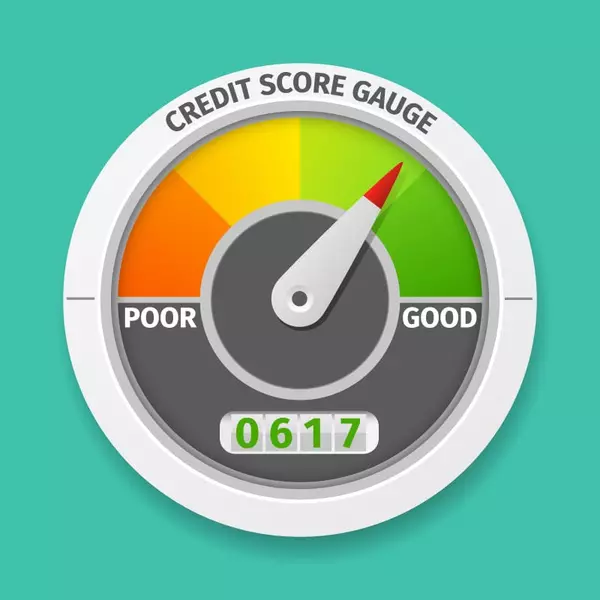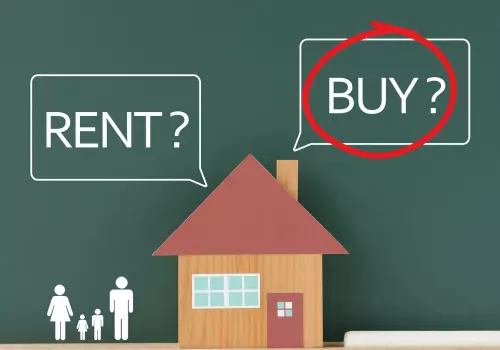Climate Change and Homebuying: What Buyers Must Ask Before Relocating

Relocating, or Buying a House? Climate Change Means Asking a Lot of Hard Questions
For decades, the biggest concerns buyers faced when purchasing a home were location, price, and school districts. Today, a new—and very real—factor has entered the equation: climate change. From rising insurance costs to flood zones and energy efficiency, homebuyers must now think beyond granite countertops and backyard sizes to ask bigger, harder questions about how climate change could impact their investment.
🌍 Climate Risks Are Local—and Growing
No matter where you’re buying, climate change has created risks that can directly affect your home’s value and safety. Flooding, heatwaves, ice storms, and even wildfire smoke are no longer rare occurrences—they’re becoming part of everyday life.
Key Questions Buyers Should Ask:
-
Is the home located in a floodplain or near a waterway?
-
Has the area experienced extreme weather events in the past decade?
-
How resilient is the community’s infrastructure (power, roads, healthcare) in a climate emergency?
💰 Insurance and Rising Costs
Climate-related risks are driving up insurance premiums across many parts of Ontario and Canada. In some areas, certain types of coverage are no longer available—or come with steep deductibles.
Pro Tip: Always ask your insurance provider what climate-related coverage is available for the area you’re moving to, and factor that cost into your monthly budget.
🏡 Home Features That Matter More Than Ever
When evaluating a property, buyers should consider not only the aesthetic but also the home’s ability to withstand future conditions.
-
Flood protection: sump pumps, backwater valves, proper grading
-
Energy efficiency: modern insulation, triple-pane windows, high-efficiency HVAC
-
Durability: roofing, siding, and building materials that can handle storms and temperature swings
These features can protect your home and save money long term.
Resale Value in a Changing Market
Homes in high-risk areas may face declining demand in the future as buyers become more climate-conscious. Conversely, homes built with sustainable materials and strong resilience measures may see higher demand and appreciation.
Pro Tip: Ask your real estate professional to provide insight on how climate trends are impacting property values in your desired area.
The Bottom Line
Climate change has shifted the homebuying conversation. Buyers need to ask tougher questions, plan for higher costs, and think about resilience as much as location. While this can feel overwhelming, knowledge is power—and making informed choices now can protect both your family and your investment in the years to come.
📞 Ready to explore properties with confidence—even in a changing climate? Call us at 647.938.8814 or visit www.anabastas.ca today.
🏡 Ana Bastas Realty | Experience the AB Advantage™
Categories
Recent Posts











"My job is to find and attract mastery-based agents to the office, protect the culture, and make sure everyone is happy! "
